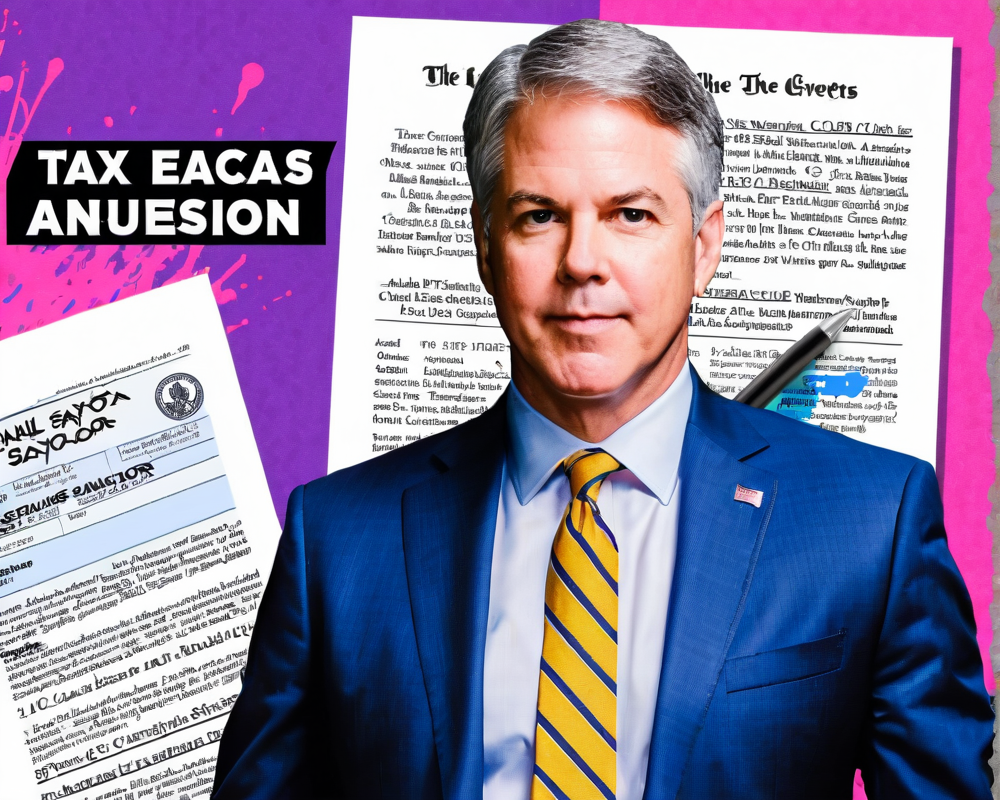Cryptocurrencies Defined: Are They Really Currency?
Christine Lagarde, the head honcho at the European Central Bank (ECB), threw down the gauntlet regarding cryptocurrencies during a chat with Klaus Schwab from the World Economic Forum. She stated that all cryptocurrencies, including their more stable counterparts, are not actually currencies but rather assets that need tight regulation. Given her definitions, even stablecoins, which are often pegged to traditional currencies, fall into the asset category too. Talk about a plot twist!
Stablecoins Under Scrutiny
Stablecoins have been strutting around claiming to be “coins” but Lagarde isn’t buying it. “Stablecoins are pretending to be a coin,” she said. Her example? These tokens often tether their value to a fiat currency, like the almighty dollar, claiming they can be used for transactions, but their worth is essentially just a reflection of the currency they’re linked to. Not quite the independence people might have hoped for!
Back Up Your Claims
Lagarde emphasized the importance of backing any stablecoin with real fiat. She insists that transparency is key: “That needs to be checked, supervised, regulated so that consumers and users of those devices can actually be guaranteed against eventual misrepresentation.” Recent history has shown that the reserve currencies that supposedly back these stablecoins weren’t always there when they were needed, raising some serious eyebrows.
A Nod to Tether’s Troubles
Here’s where things get a bit spicy: Lagarde’s comments may indirectly invoke Tether, the top dog in the stablecoin scene, which recently had to cough up $18.5 million after a face-off with the New York Attorney General. They were accused of misrepresenting how much of their USDT tokens were backed by fiat. So, with great power comes great responsibility—perhaps especially true in the cryptoverse!
ECB’s Digital Currency Plans: A Safe Bet?
Despite her tough love towards cryptocurrencies, Lagarde seems to recognize a burgeoning demand for digital currencies. The ECB plans to explore the possibility of introducing a digital euro, aiming to cater to the public’s growing interest in digital transactions over traditional cash. “If customers prefer to use digital currencies rather than have banknotes and cash available, it should be available,” she insists. Sounds like ECB might just be gearing up to meet the future!
Conclusion: Regulation Is Key
In a world where digital assets are becoming increasingly common, Lagarde’s firm stance on the regulation of cryptocurrencies and stablecoins is crucial. Who knew a conversation about what constitutes a currency could get so lively? To sum it all up, in Lagarde’s view, cryptocurrencies might wear the currency disguise, but without proper backing and regulation, they’re really just assets dancing in the digital age.



